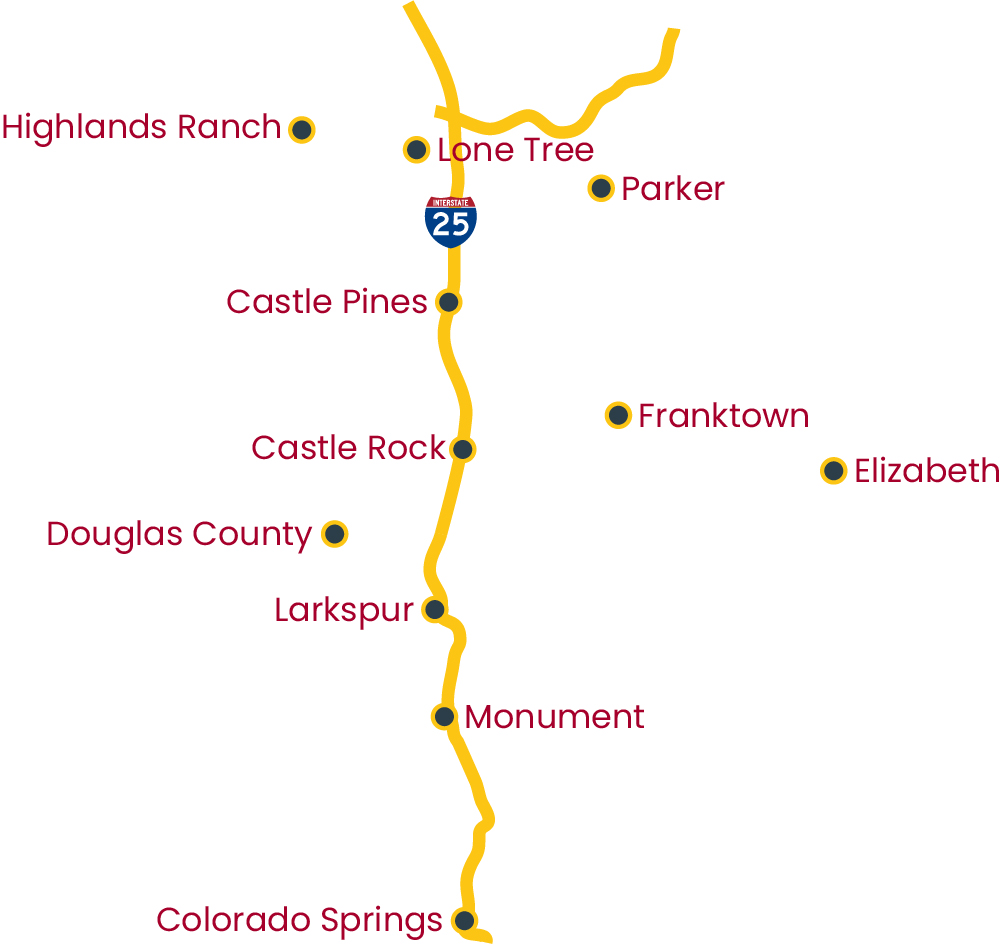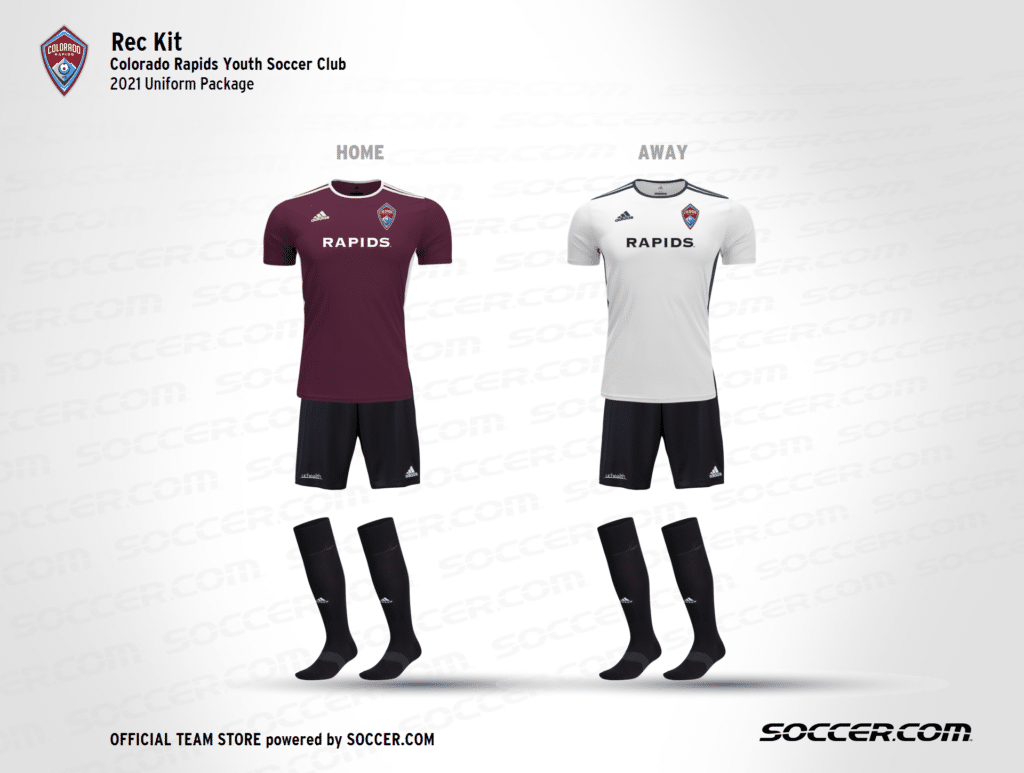The Whole-Part-Whole (WPW) philosophy is a learning model used by the Colorado Rapids Youth Soccer Club to train age-appropriate curriculum aimed at the long-term development of a soccer player. The WPW philosophy was first outlined by Malcolm Knowles in 1973 and is used in many learning situations, both practical and theory based. When added to a well-planned and well-thought out pedagogy, the WPW philosophy will put players in realistic situations, that should always includes decision-making elements.
When coaching soccer, this can be used in a variety of ways to break down a technique, skill, or tactic. Most commonly the players are taken from a practice with high game context to a low one, before returning back to the original practice. When possible it is best to practice the game, or elements of the game, in their entirety. An example of this could occur in a topic such as ‘Defending in the Direct Game Channel’. What do you do if the individuals or units in your squad don’t understand how to defend 1v1 or 2v2? You break it down.
‘Whole’ doesn’t necessarily mean a game. Actually in this theory, a ‘whole’ practice could be a series of complex skills that can be broken down into more discrete skills. The ‘whole’ element should be as realistic to the game as possible, then the coach looks to pull actions or components of the game and break them down into chunks so the players can understand and digest the information. The coach will then pull those elements back together into the game situation.
References: Swanson, R.A. & Law, B. (1993). Whole-part-whole learning model. Performance Improvement Quarterly. 6(1), pp 43-53.
@coachdanwright. Coachdanwright.blogspot.co.uk














